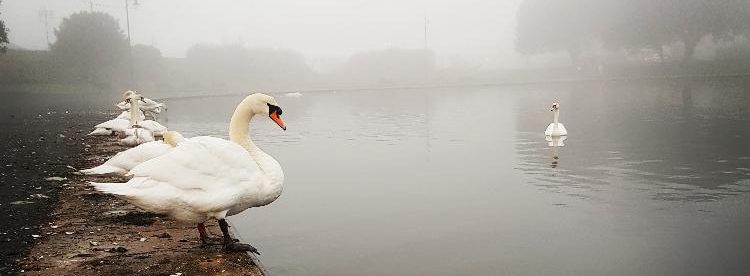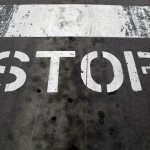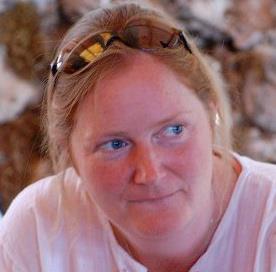When I was a kid one of my favourite things to do was go to Canoe Lake in Southsea; for those of you who haven’t been, it’s epic. It’s not really a lake, nor does it have canoes, it’s more like a huge pond, but we like to talk big in Portsmouth. You can get a pedalo (way too over-priced for the amount of work you have to put in moving the monstrosity round the tiny section of the lake they allow you in), or feed the swans with manky bread, but best of all you can take your bacon and string down there and go crabbing. Obviously part of the crabbing experience is looking into other kids buckets to see how well they are doing and comparing your own catch with theirs.
More than anything, the Canoe Lake experience in the day is bustling, summer and winter alike. There is always something there, always someone doing something. The Lake stands central, its grubby sea water laps at the sides, complete with plastic bags and murky foam at times; then at other times the Lake has a peaceful serenity, with the seaside lights reflecting on the water every night, making it seem magical and calm.
Canoe Lake was my life for so many years… but I remember on one occasion going down there with my bucket and bacon and they’d drained it: no swans, no pedalo, no magic. What was left was rubbish: a rusty pram an equally rusty trolley, discarded buckets and string, slime, mud, dirt – you get the picture.
Why am I telling you about this? Well, because I feel like this is what COVID19 has done to life more generally: drained out the water and the magic and what is laid bare is the reality of the underneath.
For me and my team that reality is something that we always see, the rusty items and the discarded buckets represent the lives of the women we support, and they have to live like this ALL THE TIME. These are the women that society prefers to keep hidden out of sight, and the behaviour of the perpetrators they live with are too often ignored.
The violence against women (VAW) movement is constantly shouting about what lies beneath the water, what society doesn’t want to see; about the way survivors have to wade through the mud just to get their head above water for five minutes, about the perpetrators that bind and submerge them back into the murky depths. Like abused women, we in the VAW movement are often ignored too.
But now, suddenly, everyone seems to be aware of victims and survivors. People are talking about them and asking questions, like ‘What will self-isolation mean for domestic abuse victims’?
This is good, of course it is, but it also makes me want to scream! Victims haven’t just appeared out of nowhere, COVID-19 didn’t just make a tonne of men become abusive and increase the risk to the women they live with. COVID-19 didn’t cause domestic abuse, you can just bloody well see it now!
What COVID-19 does is make people look at the ugly rubbish hidden in the lake, and we can’t look away anymore.
Isolation is a key tactic of abusers, so the self-isolation of their victims with full state approval is a lottery win to them. We know it will increase the risk to victims, we know perpetrators are already using symptoms as an excuse not to be arrested.
The response from my sector has been nothing short of inspiring. The small team of 20 women I work with have galvanised strength and come up with creative ways to respond to the clients they care so much about. My first response to the crisis was to sit down and write a safety plan for survivors stuck in self-isolation with perpetrators. I was really pleased that services round the country emailed us for a copy – it certainly isn’t perfect, but it was a start. I had to do something practical, and I think once you’ve been a crisis worker you always revert to type!
But the stark reality is that for those of us working in the sector, right now it feels like we are having to watch our clients through a window. We can’t get to them as easily as we usually can and if we do there are now only two choices: leave or stay. We will find resources and be creative and reach out in the way the VAW movement always does: with tenacity, ingenuity and on a shoe string.
The government made all the staff working in the Domestic Abuse sector key workers. Well, of course they did. They don’t want to have to keep looking at the rubbish in the lake without sending in the troops to deal with it.
But I wonder, what happens after this pandemic is done and the epidemic we deal with every day continues?
As key workers, can we expect respect as well as resources for our ongoing battle fighting male violence against women? Can I expect my teams to be valued and for ringfenced funding that puts an end to year on year grants and insecure job status for them? Will the government prioritise money for frontline services first, without us having to jump through hoops to get just a fraction of the central pot?
Will society finally understand and accept that the lake needs to be cleared daily? And not just (the metaphorical) Canoe Lake, but all the other dark, unseen corners in every street, town, village, and city across the UK?
Or will the lake just be refilled when the pandemic is over, so everyone can go back to pretending none of these problems exist? I guess that’s going to be up to all of us to decide.
Shonagh Dillon
CEO – Aurora New Dawn
Next step…
Do you want to get in touch with us?
Want to donate to our cause? 💜
Want to know more about us?



